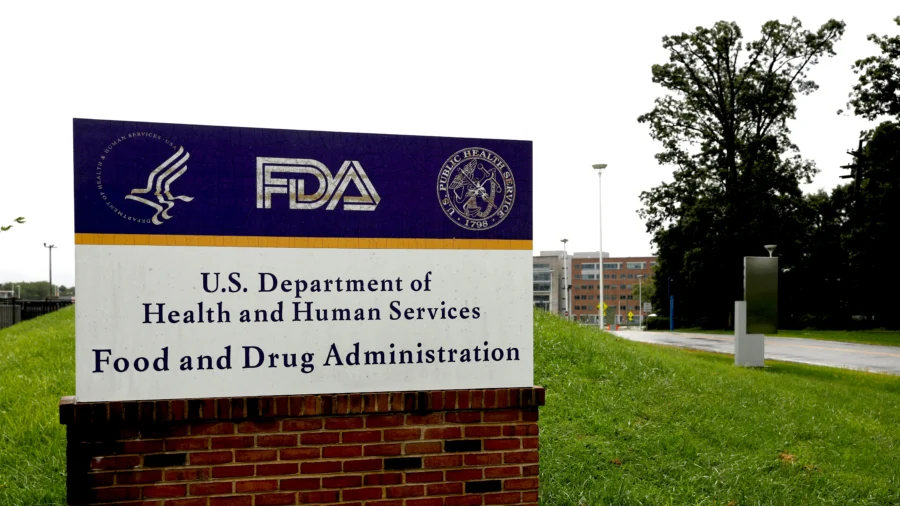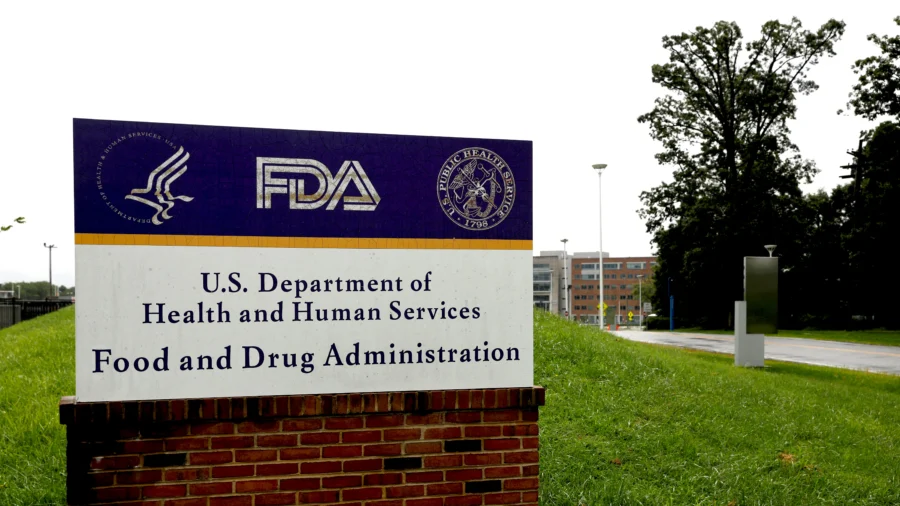More than 700,000 bottles of the blood pressure drug carvedilol have been recalled across the United States due to the presence of a carcinogenic substance, with the Food and Drug Administration (FDA) upgrading the recall to Class II.
The FDA said a total of 732,960 bottles of carvedilol tablets in various dosages are under recall, according to an updated list of enforcement reports issued on June 4. The recall was initiated in February, but the FDA upgraded its classification last week.
The carvedilol tablets, manufactured by New Jersey-based Glenmark Pharmaceuticals Inc., contain an “N-Nitroso Carvedilol I impurity above the recommended acceptable intake limit,” the FDA said.
N-Nitroso Carvedilol I is considered a nitrosamine, a group of chemicals that have been associated with cancer in animal studies. The FDA has previously issued a number of recalls and warnings for products with elevated levels of nitrosamines or higher-than-normal levels of N-Nitroso Carvedilol.
A Class II recall of a product means that exposure to it may “cause temporary or medically reversible adverse health consequences or where the probability of serious adverse health consequences is remote,” the FDA’s website states.
Carvedilol, a beta blocker, is a prescription-only medication that is used to treat several heart conditions, namely high blood pressure and heart failure. It is also used to improve a person’s survival rate after suffering a heart attack. More than 17 million people were prescribed carvedilol in 2022 across the United States, making it the 34th most prescribed medication in the country, according to data published by Statista and ClinCalc.
The FDA recall notices did not say whether there were any injuries associated with the recalled product or whether customers should stop taking the medication. Glenmark said in a statement earlier this year that it has not received any reports of adverse events related to the recall.
“Nitrosamines are common in water and foods, including cured and grilled meats, dairy products, and vegetables,” the company notice said. “These impurities may increase the risk of cancer if people are exposed to them above acceptable levels over long periods of time.”
The company said that “although long-term ingestion of certain nitrosamines may be associated with a potential increased cancer risk in humans, there is no immediate risk to patients taking this medication.”
Some scientists have issued warnings about what they described as widespread nitrosamine contamination in pharmaceutical drugs, noting they are classified as class 1 known mutagenic impurities under the International Council for Harmonisation of Technical Requirements for Pharmaceuticals for Human Use, a worldwide health body.
In 2023, a Journal of Pharmaceutical Analysis-published research paper said that the presence of the compounds “has raised global safety concerns due to their significant genotoxic and mutagenic effects” and that such “impurities, even in trace amounts, are highly toxic and mutagenic, capable of damaging DNA, and subsequently increase the risk of cancer incidence.”
In late 2024, the FDA issued revised guidance on steps that companies should take to reduce the level of nitrosamines in products.



